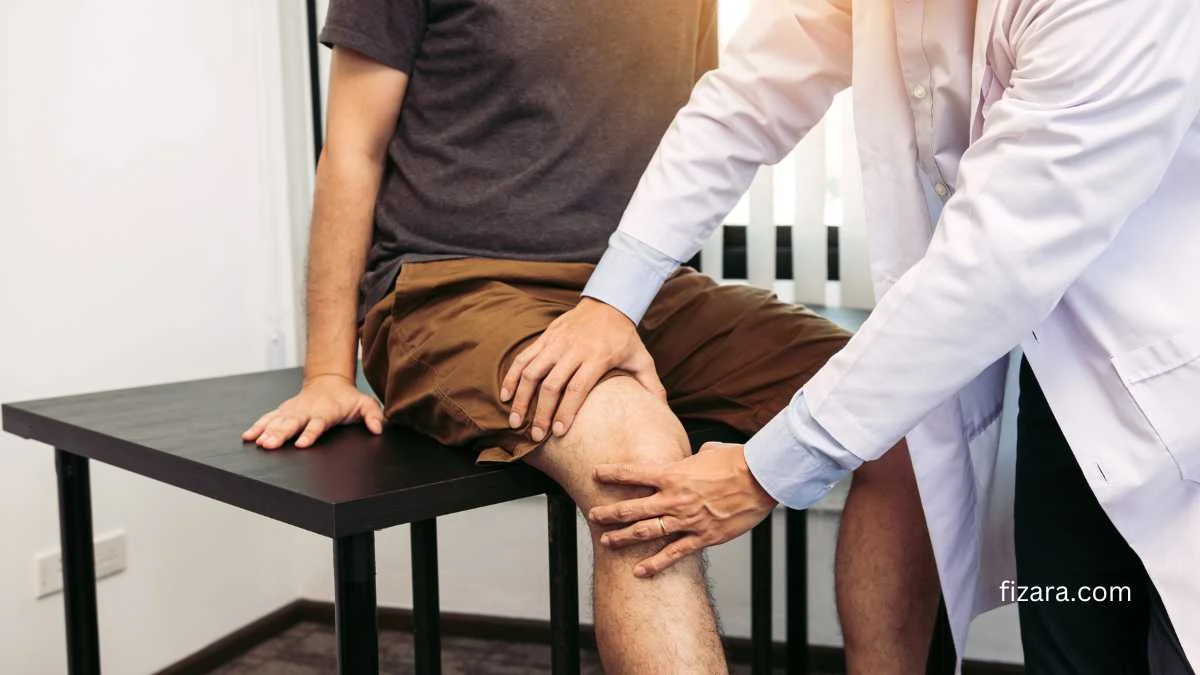As a physiotherapist, you’re no stranger to work-related injuries because you must have expert knowledge of the concept to help people overcome the injuries. However, nothing reminds you better that your knowledge doesn’t render you immune than when you have a work-related injury. The good news is that physiotherapists only deserve the best care for work-related injuries in Okotoks, and we offer the best at Dynamic Physiotherapy, Okotoks, AB.
This article will provide you with all the details about work-related injuries among physiotherapists and how Okotoks Physical Therapy can help you recover from them.
What Are Work-Related Injuries?
Work-related injuries are injuries sustained while carrying out work duties. They are one of the most common causes of chronic pain and disability among physiotherapists, with musculoskeletal problems constituting the bulk of the burden. Common work-related injuries in Okotoks, AB, may experience include:
Musculoskeletal Injuries
Musculoskeletal injuries affect the muscles, tendons, ligaments, peripheral nerves, cartilage, etc. They are often a result of overexertion, poor posture, dislocation, fracture, and other conditions. Musculoskeletal injuries can result in acute and chronic pain, causing a lot of discomfort to an individual. Some of the most common musculoskeletal injuries that affect physiotherapists include:
- Sprains and strains: A physiotherapist’s job description requires performing certain activities and movements repeatedly. These repetitive actions may cause them to sprain or strain their shoulders, wrists, knees, and other body parts.
- Lower back and neck pain: Long standing hours and patient handling may lead to lower back and neck pain in physiotherapists.
Others include carpal tunnel syndrome, rotator cuff tears, tennis elbow, etc.
Overexertion and Overuse Injuries
A physiotherapist’s job is physically demanding; therefore, they may push themselves too hard, leading to fatigue and more injuries. Physiotherapists can also suffer from overuse injuries due to their repetitive use of particular muscles and joints. This overuse may lead to inflammation and severe pain.
Ergonomic Issues
Ergonomic injuries affect the muscles, bones, nerves, and other body parts. Physiotherapists may suffer from ergonomic injuries because of poor postures during work, inadequate equipment, poorly designed workspaces, etc.
Acute Injuries
Acute injuries are sudden injuries. Physiotherapists may suffer acute injuries at work while handling patients. For example, a physiotherapist trying to prevent a patient from falling might suffer injuries themselves. Also, improper techniques while lifting and assisting patients may result in work-related injuries for physiotherapists.
Why Do Physiotherapists Suffer From Work-Related Injuries?
We can classify reasons physiotherapists sustain injuries during work into biomechanical, psychosocial, organizational, and individual factors.
Biomechanical factors refer to the actual physical demands of the job, such as heavy lifting and repetitive movements. Some tasks requiring a physiotherapist to do some heavy lifting include assisting patients with transfers, responding to unexpected movements, lifting patients, doing mobility exercises, using equipment, etc. Moreover, physiotherapists may have to use the same technique for different patients for extended periods. This repetitive action may strain their muscles and tendons.
Psychosocial factors include emotional stress from physiotherapist’s workload, tight deadlines, patient volume, and other experiences that may increase susceptibility to work-related injury, job insecurity, low social support, long hours, compassion fatigue, verbal abuse at work, and harassment.
Organizational factors such as inadequate staffing, poor training, poorly designed workspaces, and a lack of ergonomic equipment can directly or indirectly lead to work-related injuries among physiotherapists.
Finally, an individual physiotherapist may be responsible for their own injury if they fail to take the necessary safety precautions or use improper techniques when carrying out their job. Other factors like smoking, obesity, failure to rest, lack of fitness, and existing medical conditions can also increase the risk of a work-related injury.
Prevention and prompt treatment of these injuries are important because consequences such as chronic pain, depression, reduced mobility and physical well-being, secondary complications, stress, anxiety, decreased productivity, and reduced job satisfaction may result from inaction.
How Do We Prevent Work-Related Injuries Among Physiotherapists?
The following interventions can help prevent work-related injuries among physiotherapists:
- Regular training and education on the proper use of equipment
- Workload management
- Adequate and proper staffing
- Provision of ergonomic equipment
- Healthy work culture
- Safe work practices
- Mental health support
- Frequent exercises
- Adequate rest
- Use of protective gear
- Regular observation of safety measures.
As physiotherapists, our duties at work only help others when we’re in optimal health. Hence, we should always take the proper measures to avoid work-related injuries. However, accidents happen, and you should never hesitate to seek Okotoks physical therapy from competent professional colleagues at Dynamic Physiotherapy. Reach out to us today for the best care you deserve.









